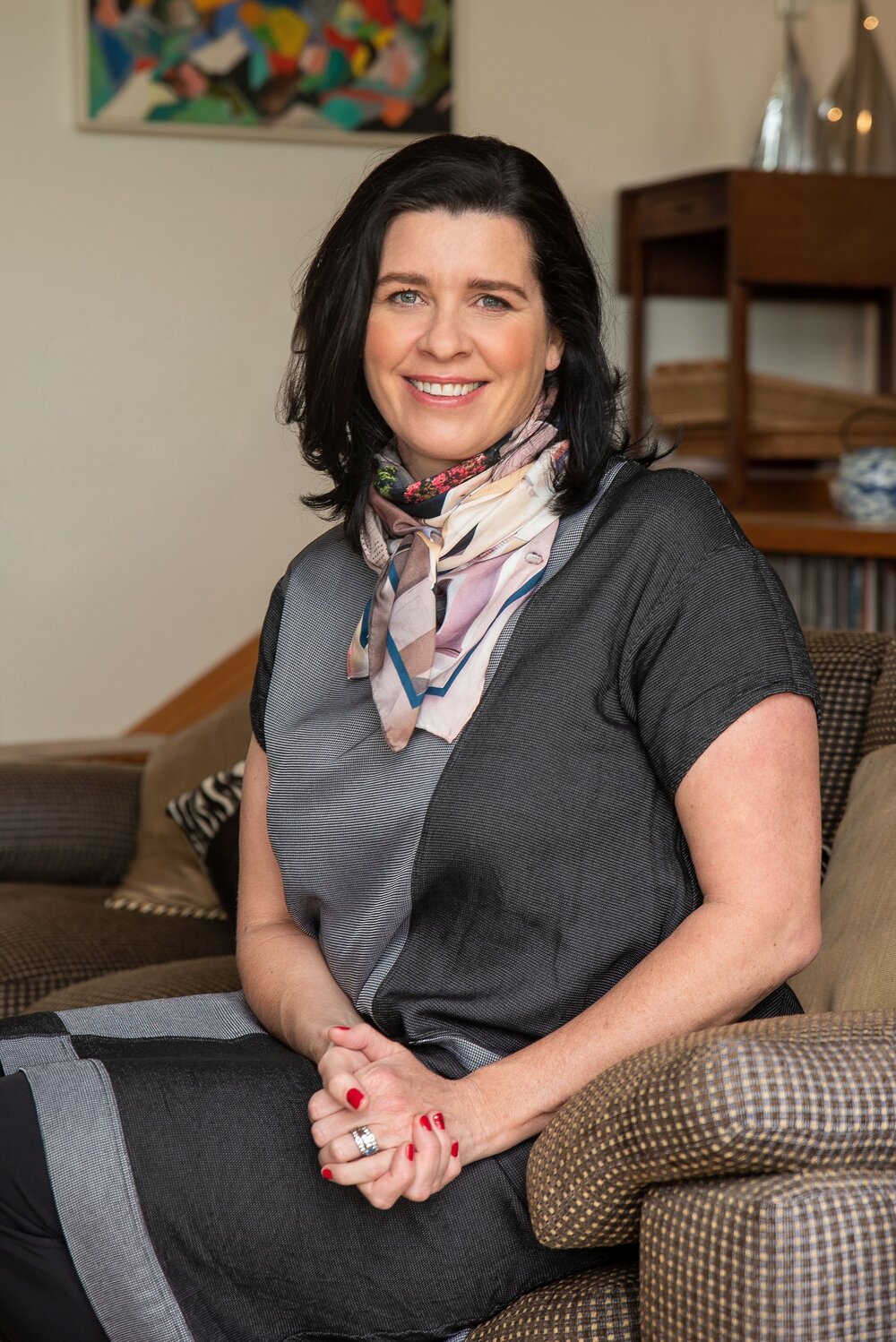We’re finally back to some semblance of ‘normal’ – but for a lot of our elderly folk, the shift back to level two is overwhelming. Finally able to leave home, they’re unfamiliar with lockdown protocols at supermarkets, social distancing in public places, and everyone else’s changes in attitudes and habits. But on the positive side, we can all go and see our loved ones again – however we also have to think before we pop our bubbles – what would our beloved Dr Ashley do? Here, Fiona Fraser speaks to Miranda Smith, the founder of Miranda Smith Homecare, about how to safely welcome our older friends and whanau back into our bubbles. Hint – channel your favourite director general of health.

Think like Ashley, folks. (Cover image @st_fabiola)
There’s a loved one you’ve been desperate to see – a mother or father, uncle or aunt, grandparent, neighbour or friend. But you’re nervous – how do you navigate the “new normal” safely?
Now that we’re at Level Two, our amazing team of five million get to pop their bubbles and spend precious, much longed for time with the special people in their lives. But even though our infection rates are low here in New Zealand thanks to the mammoth effort we’ve all undertaken, when we have a vulnerable older person in our family or whanau, we must still take extra care.
Here’s how to do that, according to Miranda Smith of Miranda Smith Homecare.
Firstly, think like Ashley Bloomfield. He’s kind of the boss right now, so if we can step into his sensible shoes and make some sound decisions for our family, we’ll be ok.
Secondly, build an infection prevention plan. That’s a lot scarier sounding than it is. All you need is a one-page plan that’s circulated to everyone who is visiting your loved one – whether that’s friends, family or neighbours.
In it, outline the following:
-
information about who is likely to be visiting your vulnerable family member’s home and their contact details in case of any outbreak of infection – Miranda Smith Homecare clients all use a visitor sign-in sheet which can be helpful;
-
mandatory hand-washing each time a visitor arrives at the house – and get the older person to wash theirs too;
-
a careful wipe-down, using disinfectant, of surfaces such as handles, doorknobs and benchtops each time a visitor arrives, and regularly throughout the day. This is something all our carers do the moment they arrive for a shift in a client’s home – it’s great practice for not just preventing Covid-19 transmission, but any kind of viral infection like the flu, or a cold.
-
thoroughly washing hands before preparing or eating meals;
-
a clear directive that if any visitor is feeling even slightly unwell, they should not come to the house.
But wait, there’s more!
If you’re introducing little people back into the world of your loved older person – for instance, grandchildren – there are some extra measures you might want to take.
-
Bright, colourful handwashing posters around the older person’s home – these are great to encourage kids, who are largely visual, to wash their hands frequently;
-
If your older person is immune-suppressed or compromised, hugs and kisses might be off the table a while longer. Remind children of some lovely words and expressions they can use to share with their grandparent how they feel about them.

Miranda Smith
One more thing. Our older people might be feeling quite anxious about the move to Level Two after being served a steady diet of stats, charts, graphs and some fairly scary news over the past seven weeks. They might be feeling confused about the current situation and what the risks are to them. It’s important to let them know that, yes, New Zealand is on the right track, but good hygiene is still critical. And these extra steps you’re all taken? That’s just their loving family doing everything they can to protect everyone’s health.
Winter is just around the corner and while we might have done our jobs when it comes to Covid-19, seasonal illness can hit our older people hard. Vigilance is more important than it has ever been. But, so is communication. Miranda says we should make sure everyone in our older person’s bubble is really honest with one another – so if they see something unsafe going on, or aren’t feeling 100%, it’s shared with the group. She says she always tells her carers that she operate a no-blame policy, so long as there’s trust, honesty and communication, and that’s what families need to do too.
Miranda Smith Homecare www.mshomecare.co.nz aims to set the highest possible standard in aged, palliative and nursing care, with offices and carers based across the country.Miranda is herself a vocal advocate for open, frank and positive conversations about aged care needs in all segments of the healthcare sector and – vitally – between family members and their ageing parents.


